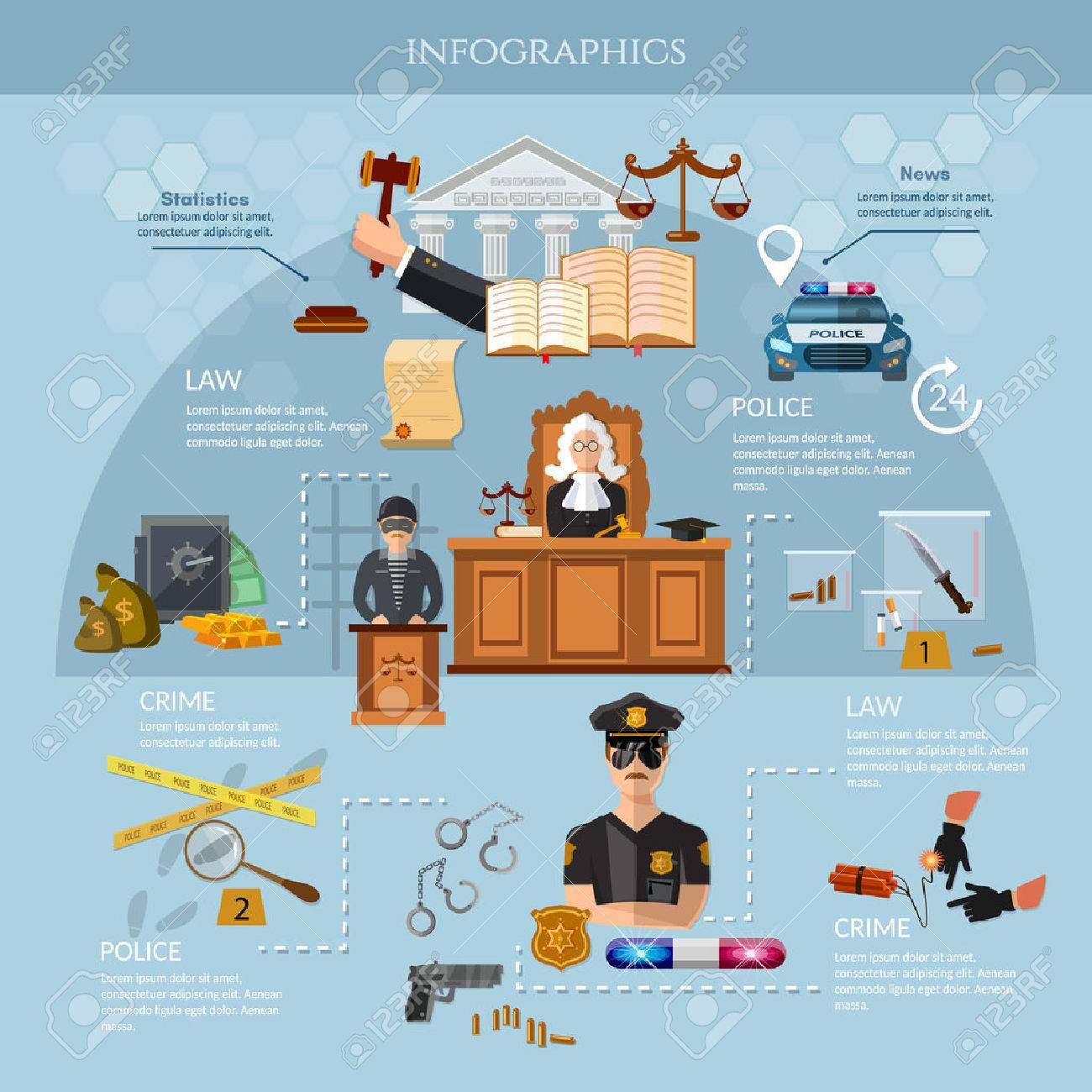Revealing The Psychology Of Clerical Criminals: Behind The Curtains
Revealing The Psychology Of Clerical Criminals: Behind The Curtains
Blog Article
Material By-Bray Birk
Did you recognize that behind the sleek façade of white collar crooks lies an intricate internet of psychological inspirations? While several might think that these people are driven solely by greed, the truth is much more interesting.
Looking into the minds of clerical criminals exposes a fascinating blend of personality type, societal aspects, and concealed desires that add to their illicit actions. Comprehending the psychology behind these criminal offenses not just clarifies the motivations behind them, yet also increases extensive inquiries regarding our very own vulnerability to temptation.
So, what makes these individuals tick? Join us as we check out the exciting world of white collar crooks and uncover the elaborate workings of their minds.
Inspirations for White Collar Crimes
White collar bad guys are encouraged by numerous aspects that drive them to engage in prohibited tasks for personal gain.
One of the key inspirations for these individuals is financial greed. They want to break the regulation in order to collect wealth and keep an extravagant way of living.
The wish for power and condition is an additional substantial incentive for white collar lawbreakers. They believe that participating in unlawful tasks will raise their social standing and give them a sense of prominence and control.
Furthermore, some white collar wrongdoers are encouraged by a sense of privilege. They believe that they are worthy of greater than what they have actually and agree to cross honest boundaries to achieve their preferred degree of success.
Eventually, these inspirations add to the high occurrence of white collar criminal offenses in culture.
Psychological Traits of White Collar Crooks
As we check out the emotional qualities of people associated with white collar criminal activities, it ends up being obvious that their inspirations for participating in prohibited tasks are deeply intertwined with their character qualities and mindset.
White collar criminals commonly show certain mental characteristics that add to their participation in illegal or deceitful habits. One such trait is a heightened feeling of entitlement. These individuals frequently think that they should have more than what they have, leading them to engage in illegal tasks to obtain wide range or condition.
Furthermore, white collar wrongdoers tend to possess a high degree of vanity. They have an inflated feeling of self-importance, lack compassion for others, and are driven by a desire for affection and recognition.
Last but not least, they usually present a tendency for risk-taking, as they think they can outsmart the system and avoid discovery.
Understanding these psychological attributes can give useful insights right into the frame of mind of clerical criminals and assist in the advancement of efficient prevention and treatment approaches.
Societal Effect of White Collar Crimes
The influence of white collar criminal offenses on society is far-reaching and multifaceted. These criminal activities have considerable effects that prolong past the individuals directly entailed. Here are 4 methods which clerical crimes influence society:
- ** Economic damages **: White collar criminal offenses can cause economic losses for individuals, businesses, and also whole economic situations. These criminal offenses can interrupt markets, weaken capitalist confidence, and lead to task losses.
- ** Trust fund erosion **: Clerical criminal activities deteriorate trust in organizations and people. When people witness high-level professionals participating in prohibited tasks, it diminishes their belief in the system and can result in a general uncertainty in the direction of authority.
- ** Social inequality **: White collar crimes commonly target prone people or neighborhoods, intensifying existing social inequalities. These crimes can widen the space between the rich and the poor and bolster systemic injustice.
- ** go right here and regulative changes **: White collar criminal activities trigger the implementation of more stringent legislations and guidelines. Culture typically replies to these criminal activities by establishing steps to stop similar events in the future, guaranteeing greater accountability and openness.
The social impact of clerical crimes can not be ignored, as it affects individuals, areas, and the overall fabric of society.
Verdict
Finally, the psychology behind white collar bad guys discloses an intricate internet of inspirations and qualities. These individuals are driven by greed, power, and a feeling of entitlement, which can have far-reaching effects for society.
It is necessary to keep in mind that not all criminal activities are dedicated by those we may commonly connect with criminal habits. As the stating goes, 'the wolf in lamb's clothes,' advises us to stay watchful and wonder about the true intents of those around us.
